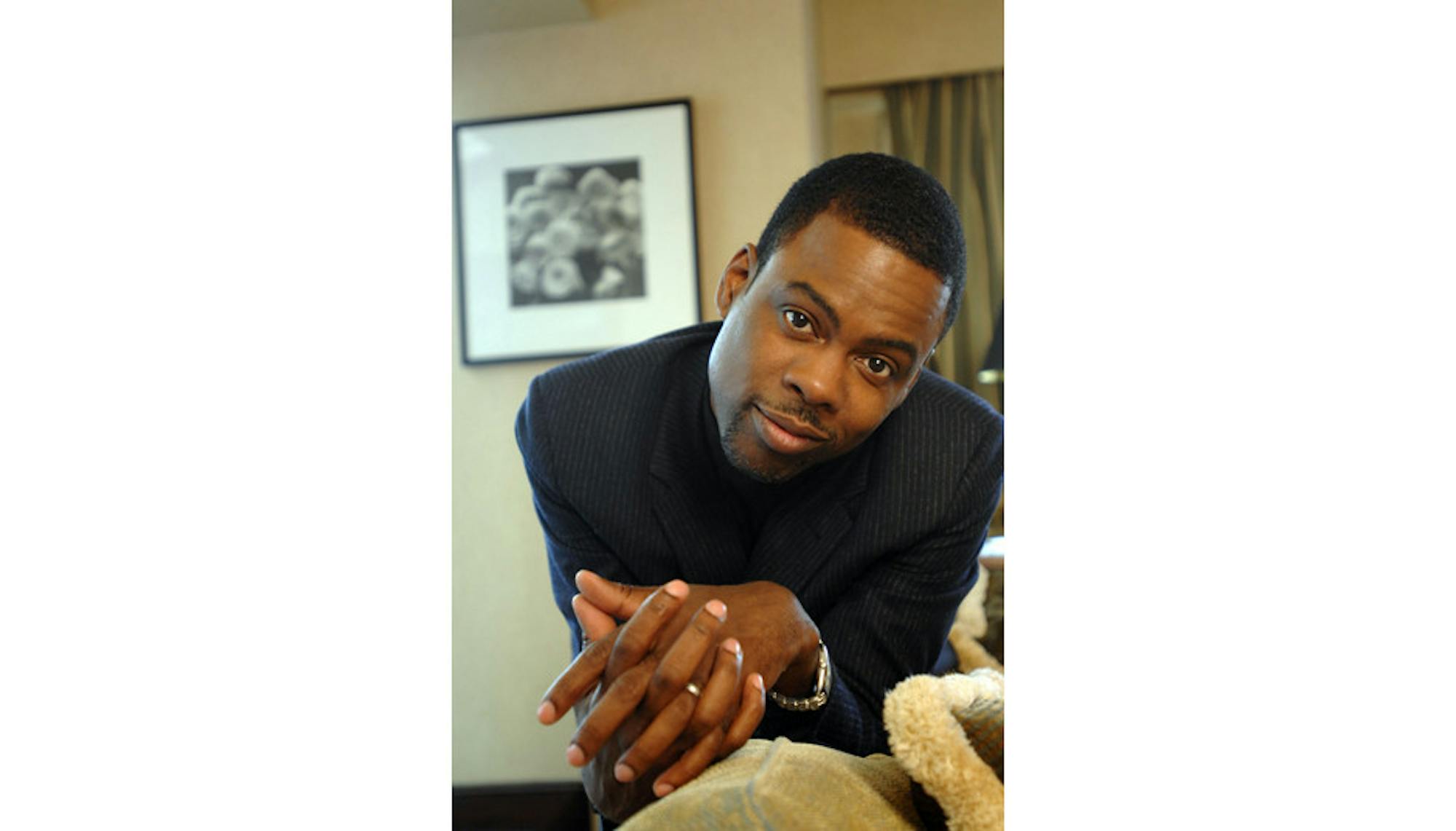With the controversy over the lack of black Academy Award nominees reaching a fever pitch in the past couple of weeks, Chris Rock's host was an unknown quantity. Expectations for his opening monologue, which promised to be a brutal, unsparing take on the pressing #OscarsSoWhite issue, were running high.
He didn’t disappoint.
From his first joke, which mocked the low bar Hollywood sets for diversity -- “I counted at least 15 black people on that [opening] montage,” he said, feigning surprise -- Rock made it clear that he wasn’t going to tip-toe around Hollywood’s diversity problem. His follow-up to that joke doubled as an indictment of the Academy itself: “I’m here at the Academy Awards, otherwise known as the White People’s Choice Awards.” With these barbs, the tone of the evening was set. The lack of black nominees this year, symptomatic of a broader, systemic lack opportunity for people of color in Hollywood and the entertainment industry as a whole, would be front-and-center during the proceedings. But impressively, Rock didn’t just nod at the problem and then move on to cover boilerplate monologue material. Instead, race was his sole focus over the course of a searing 10-minute monologue that touched on such wide-ranging topics as the efficacy of boycotting the ceremony, Will Smith’s acting career and creating a new category exclusively for black actors.
That last one was the subject of a joke that may have been the high point of the entire evening. Taking aim at the persistent problem of black underrepresentation in the acting categories, Rock proposed a simple fix: add categories that only accept black nominees (like “Best Black Friend,” for example). But in making his case for his proposal, Rock picked up on something brilliant: the sheer lack of a coherent logic behind the separate categories for male and female actors, something often taken as a given. “It’s not track and field,” he pointed out succinctly. It was one of those rare awards show jokes that made you laugh and made you think at the same time.
Not all of the host’s wisecracks hit the mark, however. Beyond his disappointingly tone-deaf joke at the expense of three young Asian children, it seemed at times that he started sending mixed messages. While exploring why 2016 was the year that the long-building simmer of resentments against the entertainment industry finally came to a full boil, he mentioned that during the Civil Rights era, “we had real things to protest at the time,” going on to make a couple stray references to lynching. The glib remarks, with their undertones of sneering condescension, seemed aimed at delegitimizing the very legitimate grievances black actors have. It was also completely antithetical to the spirit of the monologue, which otherwise seemed to be very much in their corner. Nonetheless, it showed that Rock had no sacred cows. In his routine, everyone was a ripe target for skewering. Later on, he took on Jada Pinkett-Smith, who has been one of the most vocal critics of the Academy and who even went so far as to decide not to attend this year with a devastating takedown.
Some traditionalists will inevitably take issue with Rock’s monologue for omitting any mention of the cinematic achievements this year. And it’s true: other than a brief joke about “Creed” (2015), which starred Michael B. Jordan (who -- surprise! -- wasn’t nominated), any mention of this year’s movies or performances was conspicuously absent. But that’s not the point. Had Chris Rock gotten up on stage and done a series of bloodless one-liners about the bear in “The Revenant” (2015) and Sly Stallone’s late-stage comeback, these urgent issues would have been swept under the rug, and those concerned about the lack of diversity would have had to keep agitating at the margins for incremental advances. Instead, he fearlessly marched into the belly of the beast and told it like it is. And despite his caustic, boundary-pushing humor, he ended on a plaintive note: “We want opportunity. We want the black actors to get the same opportunities as the white actors.”
That’s something we can all get behind.
Chris Rock's Oscar monologue offers biting humor, incisive social commentary

Chris Rock is pictured on Feb. 27, 2007. Rock hosted the Oscars this year.





